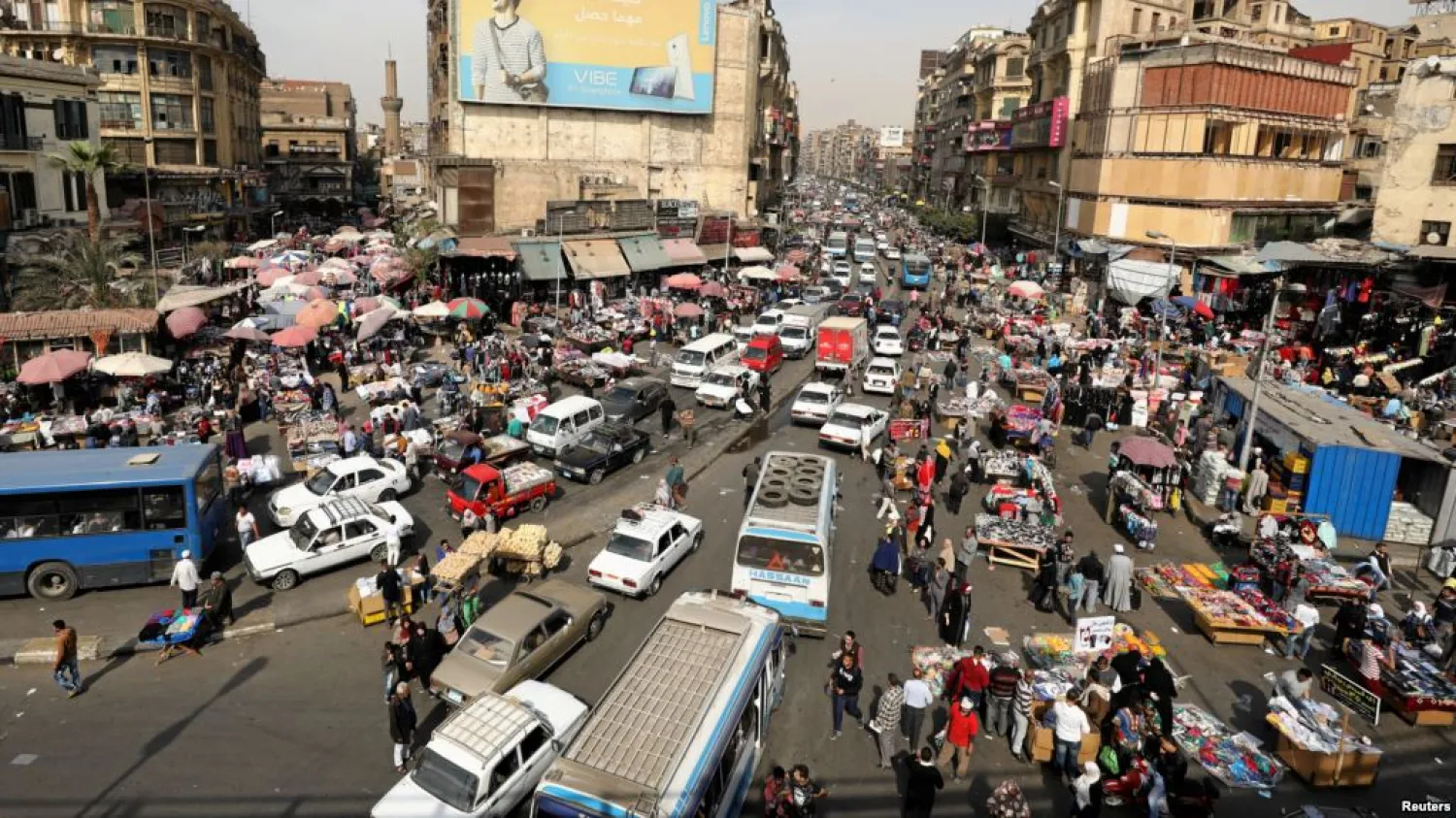A report published this month estimated that the number of poor people in 10 Arab countries was 38.2 million, which represents 13.4 percent of the Arab population.
The first Arab Multidimensional Poverty Report was co-authored by the United Nations Economic and Social Commission for Western Asia (ESCWA), the United Nations Children’s Fund (Unicef), the Arab League, and the Oxford Poverty and Human Development Initiative.
Launched on September 21 at the United Nations General Assembly, the report covers 75% of Arab population. It also indicated that 38.2 millions of Arabs live in acute poverty, and 116.1 million in moderate poverty – that is a staggering 40.6% of the population studied.
The report divides regions into 3 groups, the poorest countries are Mauritania, Yemen, Sudan, and Comoros. The poorest countries have 42.6% of their households in acute poverty and nearly three-quarters in moderate poverty (72.7%).
Among the countries covered were Egypt, Tunisia, Morocco, Algeria, Jordan, Sudan, and Iraq.
In addition to the existing poverty rate, another quarter of the population is vulnerable to domestic poverty, the report said.
Multidimensional poverty is widespread, affecting more than 4 in 10 families and children, it added.
The report's analysis of poverty in Arab countries shows that it is concentrated in some geographic regions. The percentage of the poor is higher in rural areas and in households where the head of the household is not educated.
The poorest 15 provinces or states in 11 Arab countries (after adding Palestine to the report) are located in only 3 countries: Sudan (9 states), Mauritania (5 states) and Yemen.
Poverty among children in rural areas is about 55 percent, 1.8 times over that of children living in urban areas.
The report pointed out that the issue of child poverty is vital to the Arab region, as the population of minors represents more than a quarter of the total population.
The multidimensional poverty index measures non-monetary deprivation in all its aspects, painting a more accurate picture of the situation.
The report calls for improving educational gaps, social protection, safeguarding children, rural development and establishing an Arab poverty center.









